Industrial Control System (ICS)
What is Industrial Control System (ICS)?
Industrial Control Systems (ICS) is a collective term used to describe different types of control systems and associated instrumentations. ICS represents the backbone of modern industrial operations, seamlessly blending hardware and software to automate and regulate processes across various sectors like manufacturing, energy, transportation, and more. These systems are pivotal in ensuring efficiency, safety, and reliability in industrial environments. Depending on the industry, each ICS functions differently and is built to electronically manage tasks efficiently.
There are several types of ICSs, the most common of which are Supervisory Control and Data Acquisition (SCADA) systems, and Distributed Control Systems (DCS). In this article, we will look at the components of Industrial Control Systems, shedding light on their functionalities, and their importance.
Supervisory Control and Data Acquisition (SCADA) Systems:
SCADA systems serve as the nerve center of the ICS, providing operators with a comprehensive view of the industrial processes through graphical interfaces. They enable remote monitoring, control, and data acquisition, allowing operators to intervene when necessary and make informed decisions in real-time. SCADA systems use sensors and actuators to monitor and control physical processes such as temperature, pressure, and flow. SCADA systems also facilitate data logging, trend analysis, and reporting, aiding in process optimization and regulatory compliance.
Distributed Control Systems (DCS):
DCS is another critical component of an ICS. DCS is designed to control complex processes in industries such as oil refineries, chemical plants, and power generation facilities. DCS provides control functions at a local level, allowing operators to monitor and control various equipment and processes. Programmable Logic Controllers (PLCs) are the most common type of control systems in industrial settings, offering real-time control and automation capabilities. DCS systems use advanced algorithms and control strategies to ensure efficient and safe operation of industrial processes.


Have a question?
Components of an Industrial Control System (ICS) Environment
Programmable Logic Controller (PLC):
PLC is the workhorses of Industrial Control Systems. These ruggedized devices are designed to withstand harsh environments and perform real-time control functions. PLCs are typically responsible for controlling specific machines, equipment, or processes within an industrial facility. They receive input signals from sensors, process the data, and generate output signals to control actuators and other devices. PLCs play a crucial role in automating processes and ensuring precise control and coordination within an industrial system.
Human-Machine Interface (HMI):
HMIs serve as graphical user interface applications facilitating interaction between human operators and controller hardware. They display real-time data, system status, historical information, and control options in a user-friendly format. Operators can monitor processes, receive alarms, and make control inputs through HMIs, enabling effective monitoring and control of industrial operations.
Control Loop:
Every control loop consists of hardware such as PLCs and actuators. The control loop interprets signals from sensors, control valves, breakers, switches, motors, and other similar devices. The variables measured by these sensors are then transmitted to the controller to carry out a task and/or complete a process.
Industrial Control Systems are complex, interconnected systems that enable efficient management and control of critical industrial processes. Understanding the components of an ICS, their functionalities, and their placement is essential for professionals working in industries reliant on these systems. This information is also critical for ICS/OT cyber security professionals as they too need to understand them to have an idea of what to expect where in industrial environment.
Despite the challenges, Industrial Control Systems continue to evolve, incorporating advancements in technologies such as Internet of Things (IoT), artificial intelligence, and cloud computing. These advancements promise to further enhance efficiency, reliability, and safety in industrial environments, paving the way for the factories and infrastructure of the future.
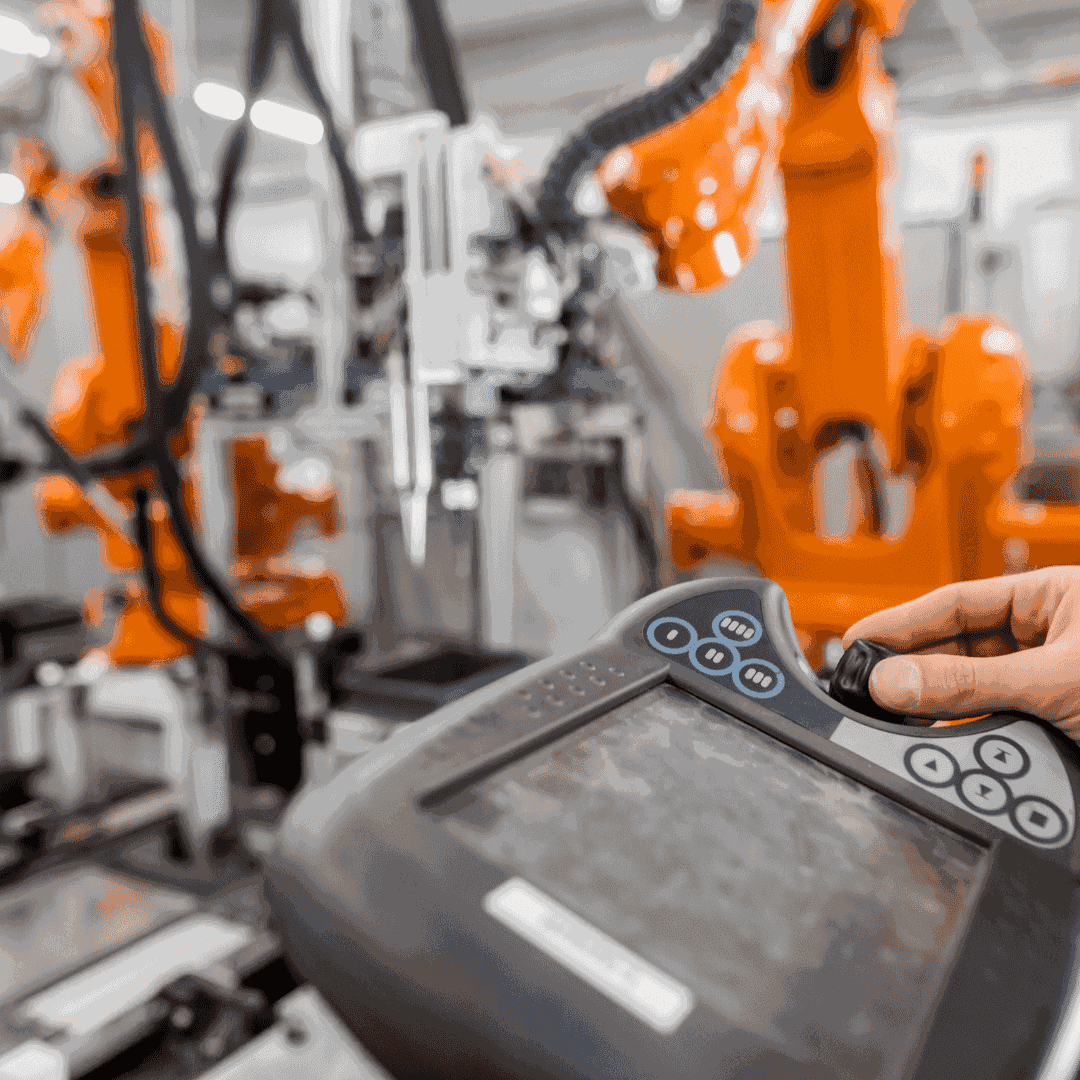

References:
[1] Dave, Shamikkumar. 2023. [Online]. Available: https://www.linkedin.com/pulse/exploring-key-components-industrial-control-systems-shamikkumar-dave/
[2] “Industrial Control System”. trendmicro.com. [Online]. [Accessed: 24- Apr - 2024]. Available: https://www.trendmicro.com/vinfo/us/security/definition/industrial-control-system/
[3] "Characteristics of Industrial Control Systems". citicus.com. [Online]. [Accessed: 24- Apr - 2024]. Available: https://www.citicus.com/Characteristics-of-Industrial-Control-Systems/
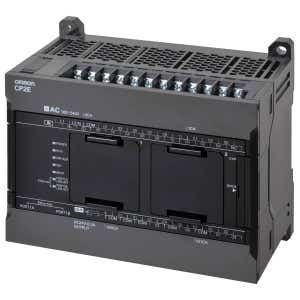
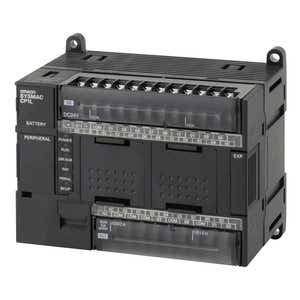
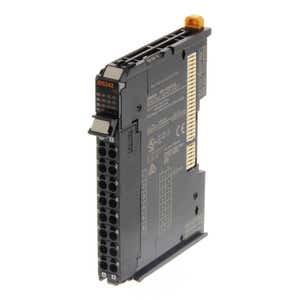


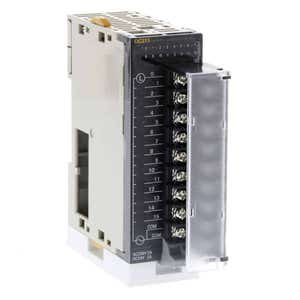
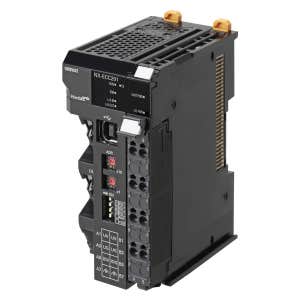
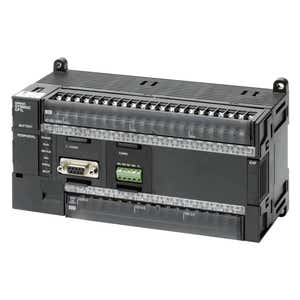

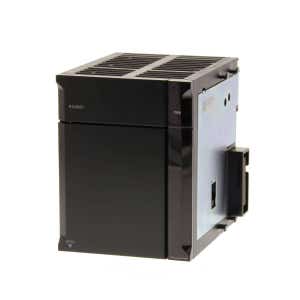
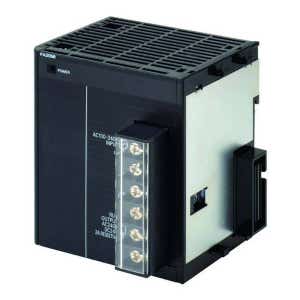


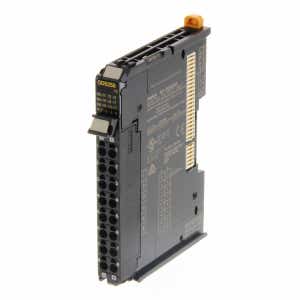
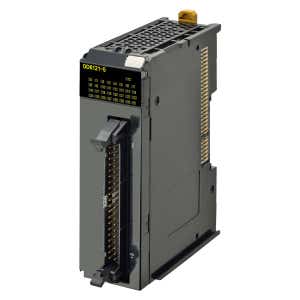
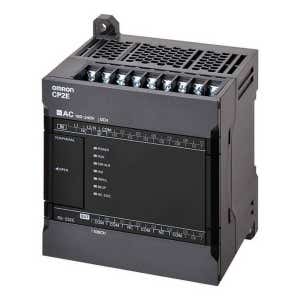
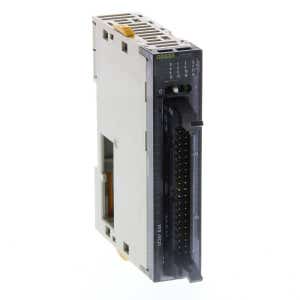
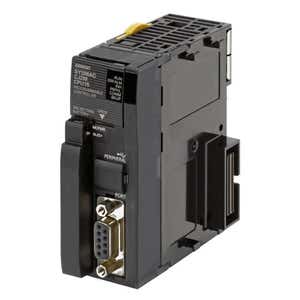
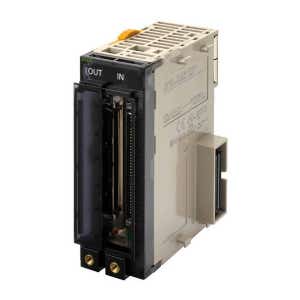








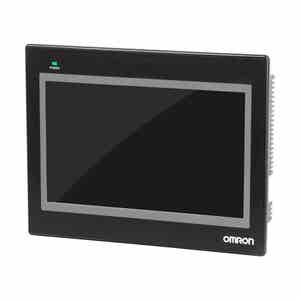





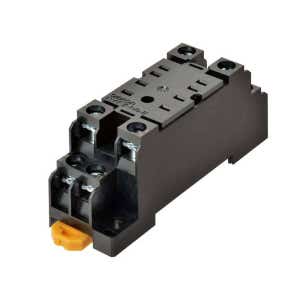


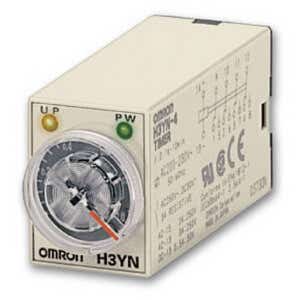
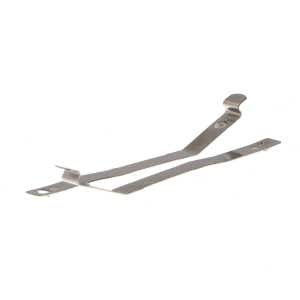





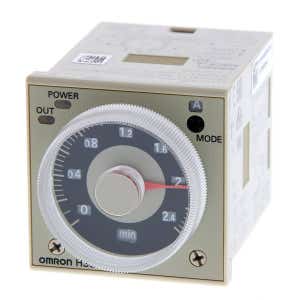
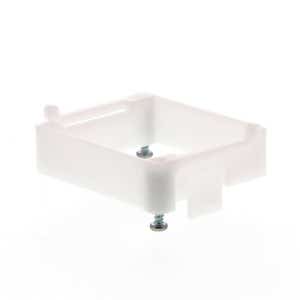



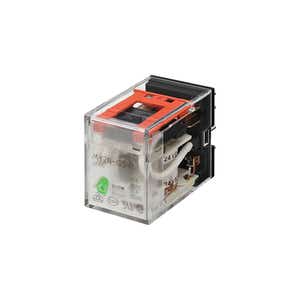


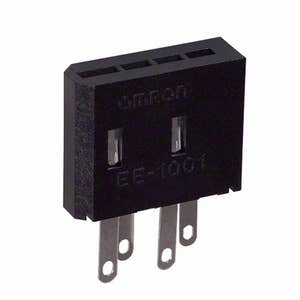
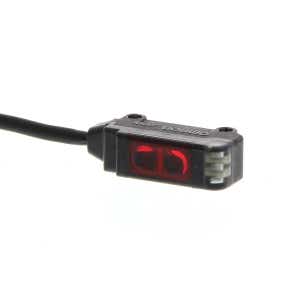
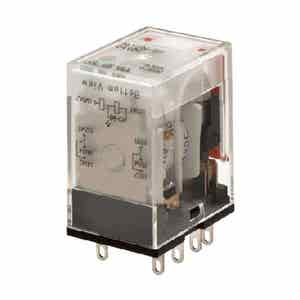


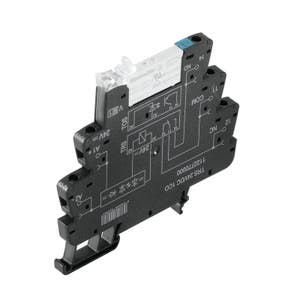
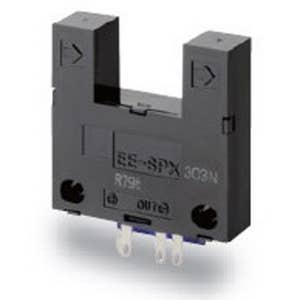
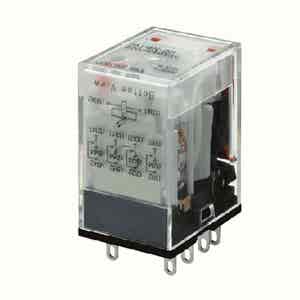
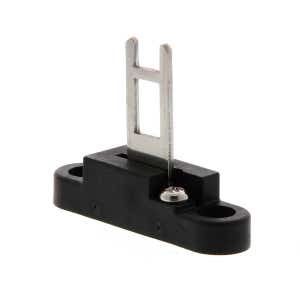
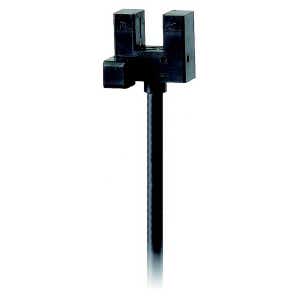


Share this article on social media